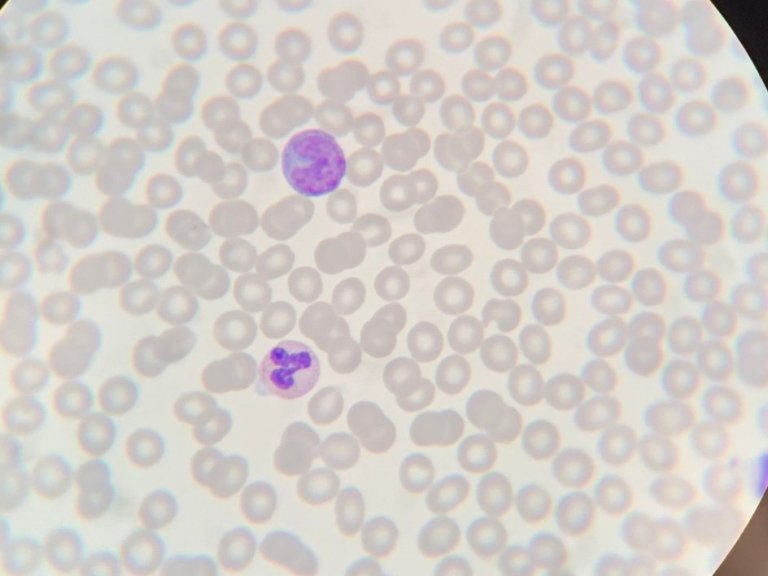Karien Stronks, Professor of Public Health at Amsterdam UMC, has carried out research using data from the HELIUS Study, that analysed the differences in the prevalence of mental health symptoms per ethnic group living in Amsterdam. This research confirmed that immigrants from low- and middle-income countries who have settled in high-income countries show higher risks of depression in comparison with host populations.
In the Netherlands, these differences are stark. With those from an immigrant background suffering from, across all ethnic groups, twice as much from depression as those from Dutch origin. Among those from a Turkish immigrant background, 24.5% suffered from a depressed mood, while this was only 7% in the Dutch population.
These findings also continued in the children of immigrants, with prevalence of depressed mood being, once more, almost twice as high as those from Dutch origin. "We saw that this could be, partly, explained by two factors. Firstly, the adverse socioeconomic position that many immigrants find themselves in and, secondly, to a lesser extent by perceived discrimination,” says Stronks.
Causes of Depression
While the causes of depression are partially attributed to the social conditions, research from Amsterdam UMC has also analysed the role of the microbiome in depression. Leading to a double publication in Nature Communications last year.
This research demonstrated a clear relationship between the composition of the microbiome and depression. A microbiome containing less diverse bacteria, or in which certain bacterial species are underrepresented, was associated with having depression or more depressive symptoms.
Next Research Steps
"Now that we know which disturbances in the microbiome are significant for depression, this opens up new possibilities for treatment and prevention. Which is urgently needed,” says Anja Lok, lead researcher and psychiatrist at Amsterdam UMC. This research will focus on the effect of the possible use of pro- and prebiotics to alter the composition of the microbiome.
Furthermore, on order to continue to understand the relationship between ethnic background and mental health. Amsterdam UMC's Amsterdam Public Health research institute is currently researching the complex interactions between individual characteristics and relevant societal factors.
For example, between negative cognitive representations and social hierarchy or ethnic discrimination. In the eyes of Stronks, "this will shed further light on why some people in certain conditions develop a depression and why others do not."




